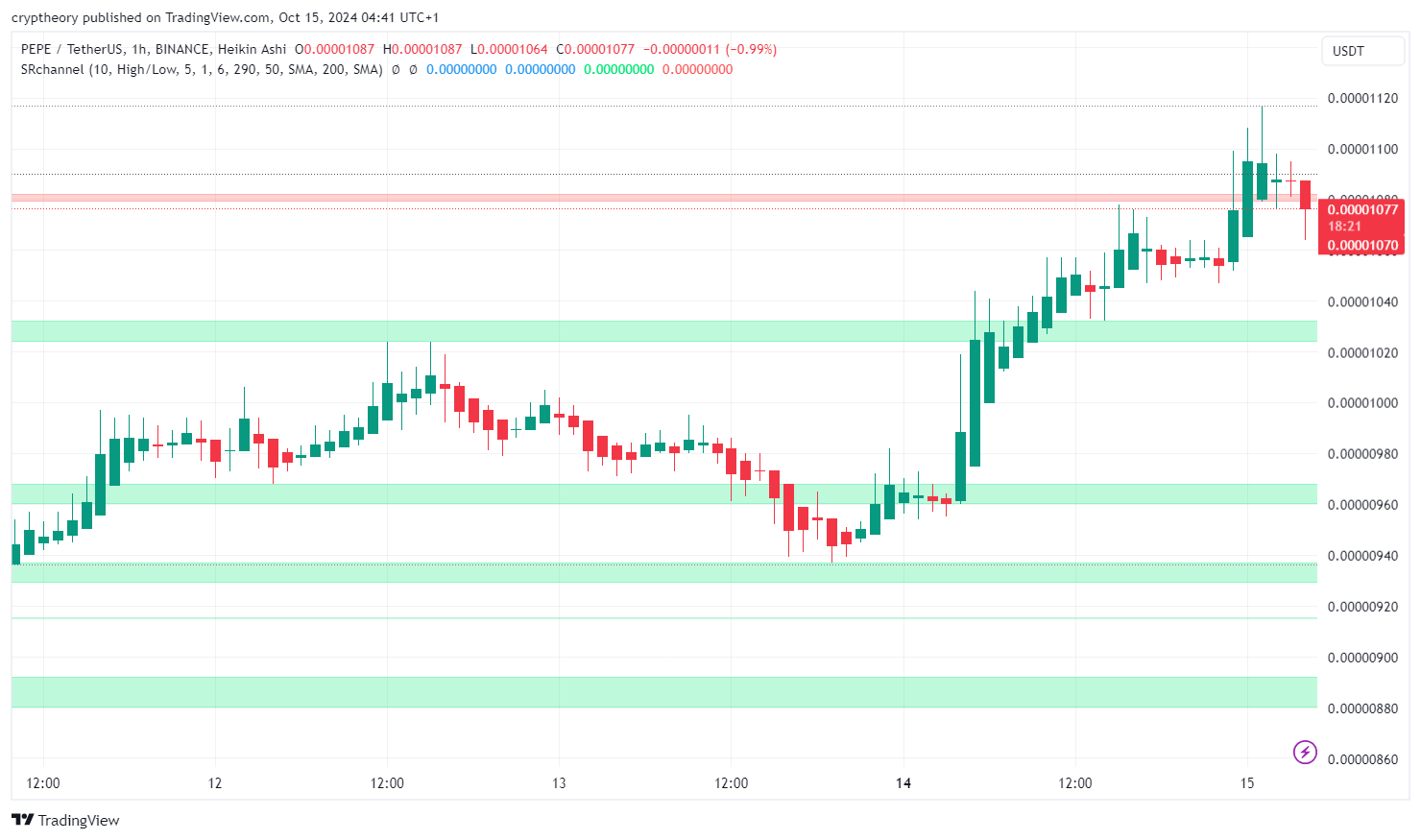Ukraine’s government has embraced cryptocurrency adoption since the invasion of Russia, but has now banned citizens from BTC purchases. According to the country’s central bank, Ukrainians will no longer be able to use hrvynia to acquire BTC.
Ukraine Bans BTC Purchases
In addition, purchases of cryptocurrencies with foreign currency were also limited. As a result, citizens will not be able to buy more than US$3,300.
According to the central bank, the measure aims to prevent capital outflows that have taken place in Ukraine since the beginning of the war. Banks had already limited hrvynia withdrawals, but the population used cryptocurrencies to circumvent this ban. Soon, BTC became the target of the time.
The National Bank of Ukraine (NBU) sets a new monthly limit for cryptocurrency and BTC purchases. According to the NBU, the new limit is 100,000 hrvynia, but purchases can only be made in foreign currency.
As a result, the monthly cap is set at around $3,300 based on the local currency exchange rate. The limit also applies to cross-border peer-to-peer (P2P) transactions.
Per the announcement, the NBU considers crypto purchases to be “equivalent to cash transactions.” That is, these transactions are equivalent to operations such as electronic wallet deposits, foreign exchange transactions and travel payments.
In this sense, the NBU decided to adopt the same limits imposed on banks at the beginning of the war. In doing so, the central bank aims to end the country’s “unproductive flow of capital”.
“The relevant changes will help improve the foreign exchange market, which is a necessary prerequisite to ease restrictions in the future, as well as reduce pressure on Ukraine’s international reserves,” the NBU wrote.
However, what the law causes in practice is preventing citizens from being able to withdraw their money from abroad. In short, war refugees will have a harder time taking their money with them.
Escape route
The NBU itself has admitted that the need for international transactions has massively increased amid martial law. It was precisely the increase in refugees that led to this greater flow of capital out of the country.
However, the bank has classified cryptocurrency transactions as “unproductive capital outflows”, although without explaining why. The bank only said that these exits were aimed at withdrawing investments and moving abroad.
“Cash transactions are mainly carried out to circumvent current NBU restrictions, in particular to invest abroad, which is prohibited under martial law. Therefore, the relevant transactions must be interpreted as unproductive capital outflows.”
The restrictions may sound contradictory, as the Ukrainian government has been actively working to legalize cryptocurrencies in the country. This in fact happened in March, when Ukrainian President Volodymyr Zelenskyy signed the law regulating cryptocurrencies.
How to exchange BTC for euros easily and cheaply – a beginner’s guide






















